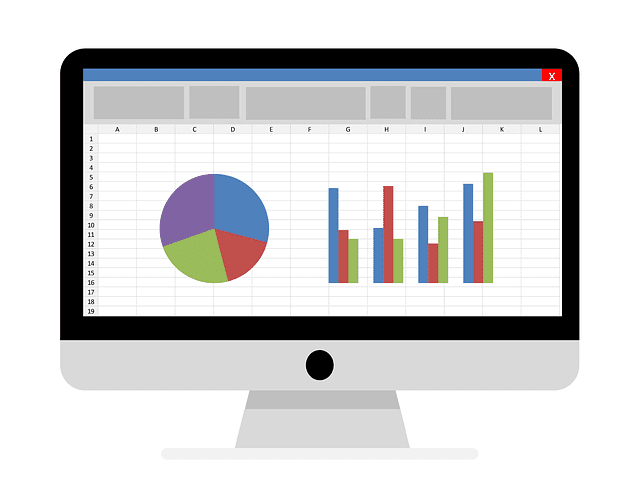Redesigning Finance for Regulatory Framework
By: Ciopages Staff Writer
Updated on: Feb 25, 2023

Redesigning Finance for Regulatory Framework is a big consideration for many CFOs. Over the past few years, it has become increasingly apparent that increased regulation is directly impacting the finance and accounting function of large companies, if not downright impeding it. Such organizations have had to adapt to regulatory requirements in order to not only stay in compliance but to keep their companies afloat. To do this they have had to develop effective finance and accounting transformation practices.
There are two challenges accompanied with increasing regulatory requirements:
- Staying in compliance with these requirements can be expensive
- The requirements can limit revenue growth and profitability potentials
Following the steps outlined below, organizations can be on their way to creating accounting and finance functions that better meet their needs and help ensure regulatory compliance, all the while steering clear of the two challenges listed above.
Redesigning Finance for Regulatory Framework
Align culture and stakeholders
Any type of accounting and finance transformation needs to be aligned with company culture in order for it to be successful. More so, sponsorship of the transformation practices needs to be sponsored by the right stakeholders to ensure the process is strengthened efficaciously. And it is imperative to keep in mind that some new stakeholders may play larger roles — or at least they should — than older stakeholders during finance transformation; this applies especially to risk and compliance executive stakeholders as they are necessary throughout the entire transformation process (which actually is ongoing and never ends). Having them at the table for decision-making is valuable because it helps to ensure the path is smooth in relation to the acceptance of the transformation and the new roles it brings about.
Track all regulations and their impact
To stay in compliance with regulatory requirements, the regulations themselves must be tracked constantly; this means organizations must develop and implement finance transformation practices that achieve this goal. And not only do these regulations have to be viewed in regards to products that are already being sold but also in regards to those in the development process, as well. What is the best way to track regulations? There are three basic ways:
- In-house legal
- Law firms
- Consultants
Collect information via tailored processes
Developing practices that help CFOs to stay in compliance with regulations can lead to first-class finance functions, especially when the information collection processes are tailored toward automation. In fact, automating data collection not only leads to a reduction in risk, but it improves overall efficiency from a regulatory perspective, and when tailored correctly, it will complement business models from both an efficiency and effectiveness standpoint.
Require greater accountability on CFOs and senior executives
President of the Restaurant Resource Group, John Nessel, says, “If you can’t count it, you can’t manage it.” When organizations don’t control their money, they don’t have control over any of their operations, especially their finance and accounting function. An effective accounting and finance function, however, only has a practical advantage if it is within the limits of the law, meaning all regulatory compliance factors must be carefully reviewed; this review, of course, starts with CFOs and senior executives. These staff members must implement flexible practices that focus on documenting and proving financial controls. Flexibility is needed because as the regulatory environment changes, the practices will need to evolve as well. All business processes must include some form of embedded control so that cost and control can be equally balanced, ensuring that regulatory, legislative, supervisory, and contractual compliance pressures are being properly assessed and dealt with.
-
Finance Capability Model
U.S. $699 – U.S. $1,999Category : Capability Models
View Product This product has multiple variants. The options may be chosen on the product page